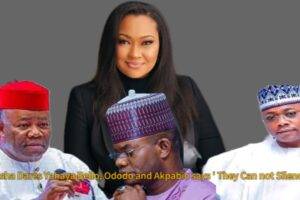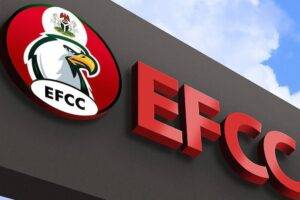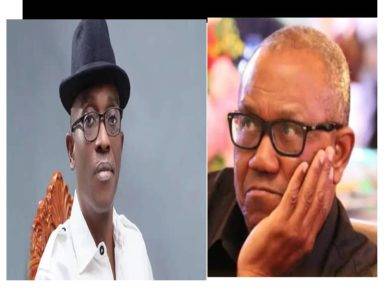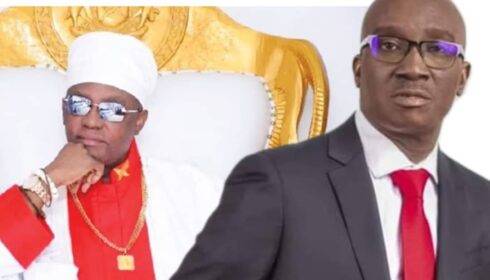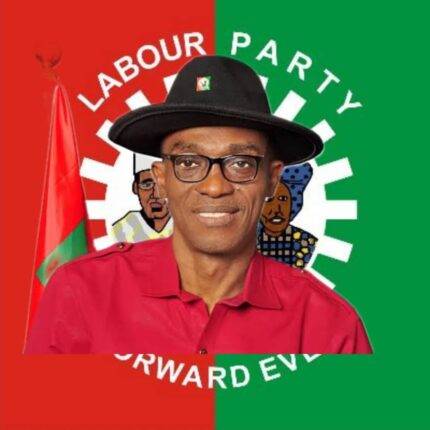Labour Party and Peter Obi Challenge PEPT Ruling, Take Presidential Election Case to Supreme Court
The Labour Party (LP) and its presidential candidate, Peter Obi, have taken their case to the Supreme Court, challenging the recent judgment of the Presidential Election Petitions Tribunal (PEPT). PEPT, in a unanimous decision on September 6, 2023, dismissed their petitions against President Bola Tinubu’s victory, citing a lack of merit.
In their appeal filed on Tuesday, September 19, 2023, the petitioners expressed their dissatisfaction with PEPT’s judgment. They contended that PEPT made a legal error by dismissing their petitions without duly considering the weight of the evidence they presented. The appellants are now urging the Supreme Court to overturn the PEPT judgment and revisit the case
Opposition Parties Challenge Collation Process and Integrity
The Labour Party, a key opposition entity in Nigeria’s 2023 elections, has taken a stand against the collation and announcement of the presidential election results in Abuja. Their decision, announced on Monday, stems from the Independent National Electoral Commission (INEC) failing to publish all polling unit results on its iREV server. This lapse has prompted the opposition party to question the integrity of the overall collation and announcement process unfolding at the national collation center in Abuja.
Similarly, the Peoples Democratic Party (PDP) has echoed concerns about the transparency of the election proceedings as the collation of presidential results recommenced at the National Collation Centre in Abuja on the same day. Notably, several political parties, including the PDP, have voiced objections to the delay in uploading the presidential election results on the election results Viewing portal (iRev). Their collective stance asserts that further collation activities should not proceed until this essential step is completed.
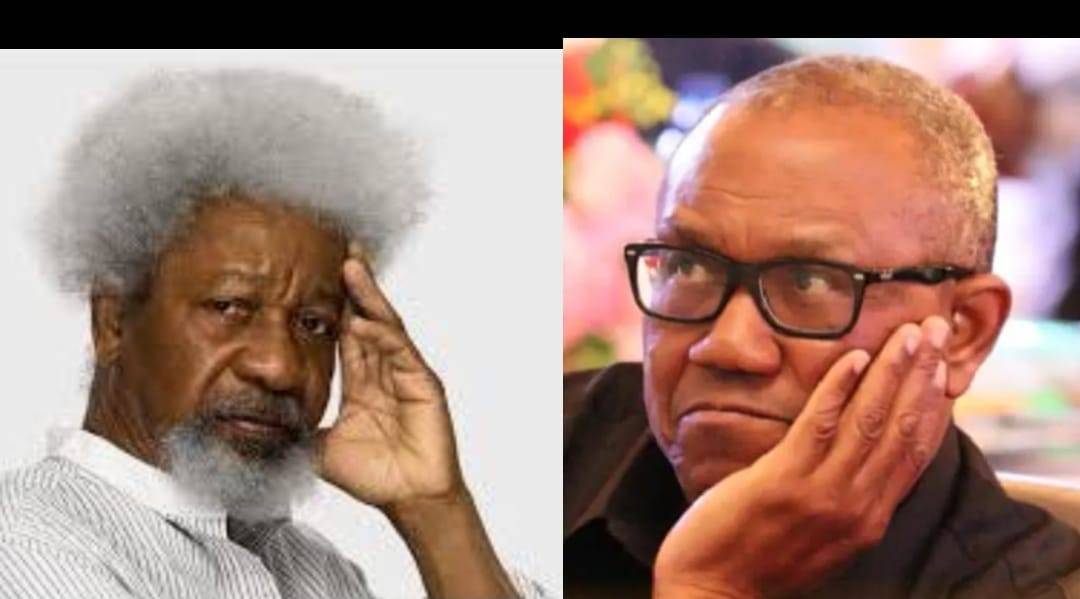
Beyond procedural concerns, political parties are also pointing to specific irregularities in the reported results. Allegations of over-voting in Ekiti and Kwara states have been raised, with parties citing discrepancies presented by their collation officers and Resident Electoral Commissioners. These contentions add an additional layer of complexity to an already contentious electoral process, reflecting the heightened scrutiny and skepticism surrounding the 2023 elections in Nigeria.
As the collation process unfolds amidst these objections, it remains to be seen how the electoral commission and participating parties will navigate these challenges and uphold the credibility of the democratic process in Nigeria. The unfolding events underscore the importance of transparency and adherence to electoral guidelines to ensure the legitimacy of election outcomes and foster public trust in the democratic system.
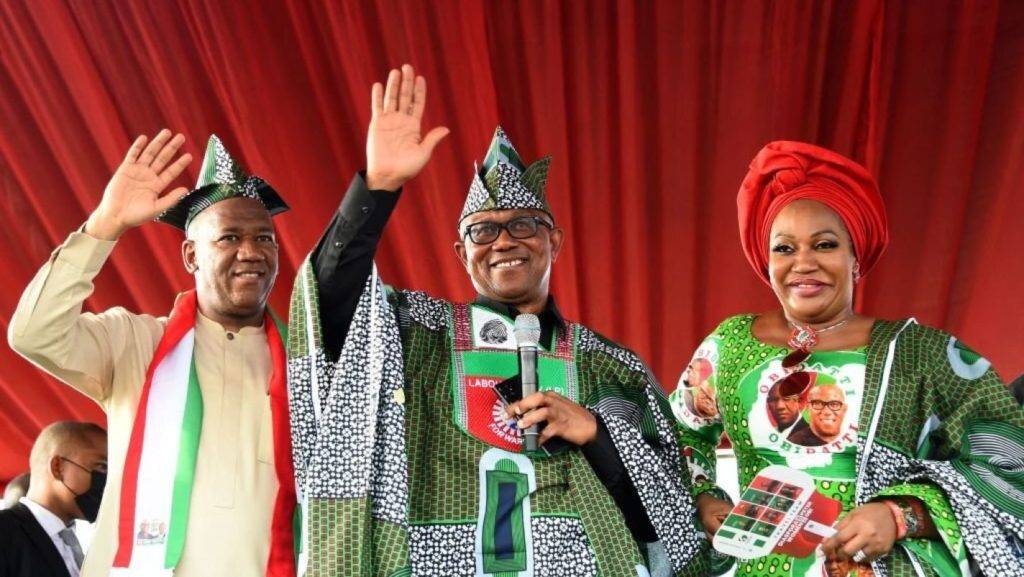
Navigating the Interplay: Examining The Labour Party‘s Claims of Malpractices
There are critics who assert that this strategic move is essentially a tactic employed to sustain relevance, particularly in light of the fact that a significant portion of the alleged election malpractices lacks substantial evidence for substantiation. These critics contend that making claims without concrete proof not only undermines the credibility of the accusations but also raises questions about the motives behind such assertions.
In their analysis, they suggest that the absence of robust evidence may be indicative of a broader agenda aimed at sustaining a narrative or influencing public opinion, thereby highlighting the importance of presenting verifiable and compelling evidence when raising concerns about election integrity. This perspective underscores the complex interplay between political strategy, public perception, and the need for transparent and substantiated discourse in discussions surrounding electoral processes.
Table of Contents
Discover more from OGM News NG
Subscribe to get the latest posts sent to your email.







